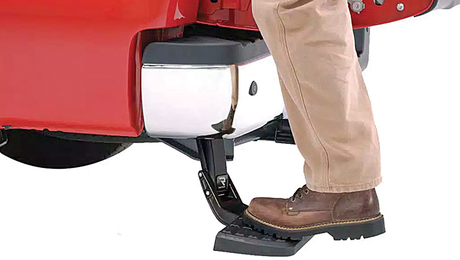Viessmann HE boiler with or without indirect tank? New rads needed? What about Navien?
Long story short, I “need” to replace a 40+ year old boiler and HW heater to get the byproducts out of the chimney liner (I have a 2 family, and the liner is not sized appropriately for 2 boilers and 2 HW heaters, and chimney expert says fitting correct size is likely impossible). If I get a Viessman, do I also need new rads? The other companies I got quotes from didn’t think my current convectors (40+ years old) were a problem, and I have no complaints about their performance. Also, what would I be missing if I didn’t also do an indirect tank for the HW?
The guy who proposed the Viessmann said it would work more efficiently with new rads. I’m not sure if that makes sense but I casually mentioned it to another heating plumber who said he’s probably just trying to upsell me.
The Viessmann boiler seems to have the best reputation of all. But another plumber with a great reputation in my town wants to install a Navien, which seems to have many more issues online but anecdotally in-person I haven’t heard any nightmares.
Any advice is appreciated.















Replies
I had a Navien NCB-150 (LP) installed in my previous house in 2014 and had no issues with it at all. We were on municipal water at that house. Some of the issues that I have heard about anecdotally seem to stem from water or gas of poor quality damaging the unit. Based on my past experience I installed a Navien NCB-150 (LP) again in my new house which has a well but the water is fully conditioned by our whole house filter system.
What are your choices other than the indirect hot water heaters?
If your tenants rent includes heat and hot water, why not look at a larger, single boiler and one or two indirect hot water heaters?
I have a friend with some rental property, and he would never let the tenant pay for heat. too great a risk of them turning it off (or have it shut off for non-payment) and letting pipes freeze.
If you go with two boilers, you could have the indirect heaters plumbed so that you can run both from one of the boilers, and leave the other off in the non-heating season.
not knowing what you have for heat distribution (rads?, convectors?) or what kind of heat is being produced (boiler could be steam or forced hot water?) my quick thought is the heat distribution system doesn't "know" how the heat is being produced. Old school cast iron steam radiators just need to be drained occasionally and have good vents and valves.
Forced hot water baseboard are typically either copper tube with aluminum fins or cast iron, the only concern I've heard is if the flow is too fast, the heat isn't properly transferred to the transfer medium to distribute the heat or the boiler doesn't produce enough heat to properly transfer it
bottom line is unless there is damage, you're probably ok with the existing rads/convectors
I'd reach out to Viessmann directly as well
good luck
In order to take full advantage of modulating / condensing boilers, your emitters ( radiators, convectors, baseboard, hydro air handlers, etc. ) should be sized to heat the space with water temps below 140°.
Often, baseboard & radiators were sized to work with 180° water - water temperature above the condensing mode of mod / con boilers. You'll never reach or get near the advertised 90% efficiency when these boilers operate in the same temperature range as atmospheric boilers.
You will however, be able to direct vent mod / con boilers, solving the issue of an unlined or too small chimney........
now that's a good answer! much better than my less informed response - thanks - again much better explanation of why changing the rads was suggested
You may be able to add emitters to your existing piping. Series loop, reverse or direct return, and divertor / monoflow tee systems are all adaptable to mod con boilers.
Boiler manufacturers installation guides include the specific, required near boiler piping needed to adapt to the existing distribution piping. Control strategies are also included.
In my opinion, adding emitters that allow a mod con boiler to operate in the condensing mode is a good investment......